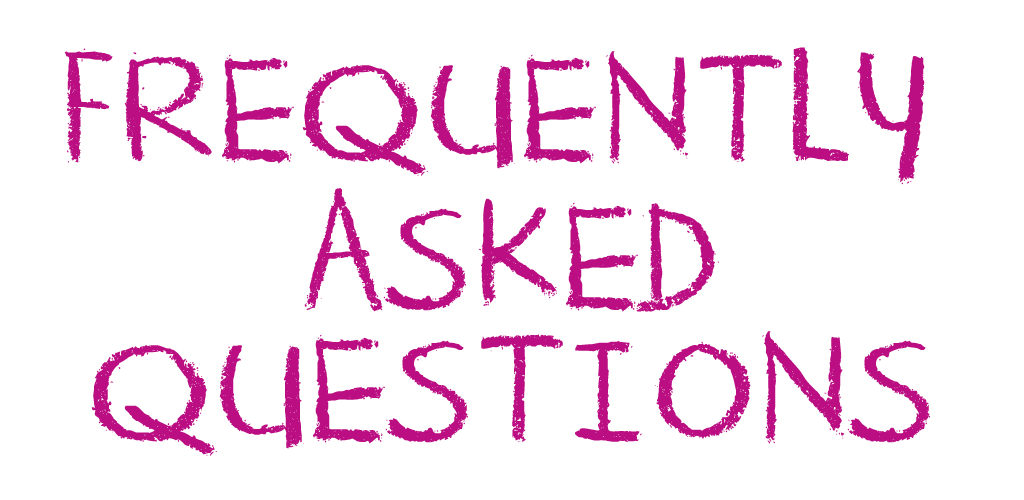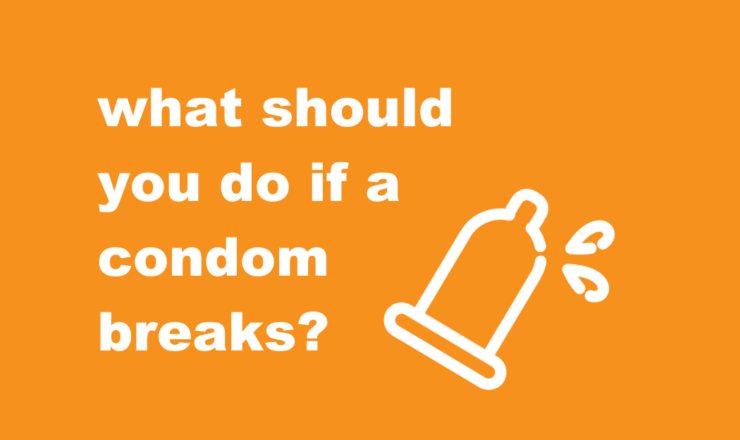

Coming out can be a really tricky and nerve-wracking thing to do. It is also a highly personal thing, everyone is different, and has different families and surroundings. Nevertheless, here are some tips that we hope you will find helpful.
There are many different ways you can come out to your parents, we can offer a few suggestions but keep in mind that they’re dependent on the relationship you have with your family. Some people like to:
You can also consider asking yourself some questions, to know if it’s the right time for you:
If you’re concerned about coming out to your family alone, think about asking trustworthy and supportive friends, siblings, or other relatives to be with you.
Coming out can be an emotional process (positive, negative, or both). It might be helpful to be prepared to feel a variety of emotions that you don’t necessarily expect for yourself. The same can be said for your family, they may not react in a way you’re expecting. This can be surprising but keep in mind that when you first come out to someone, they may need time to process and adjust. If anyone is ever abusive or violent, you don’t need to give them time. But if someone is upset, it’s possible they could come to terms with it.
As we’ve said, coming out can be a complicated process, it can be hard to know what to expect. If they react negatively, keep in mind that support can be found in many people who share your experiences, or respect and support them. You know yourself and identity best, no matter what people tell you, your identity is real and it is valid.
If you have questions about this topic, feel free to contact one of our peer educators. [Link]
Last Updated: April 2020

Friend Zone is a category we impose on ourselves, not something that the other person does to us when they say “No.” Check out this post for more on how to rethink how we go about being friends after a rejection!

This blog post goes over some options you have if and when a condom breaks in the heat of the moment.